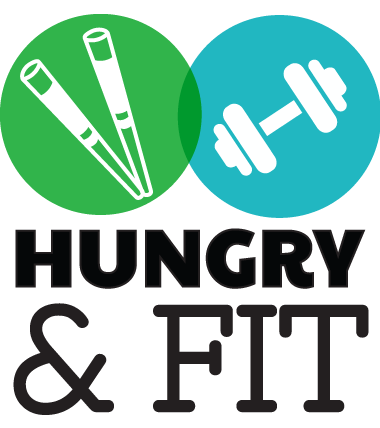It depends! That is one of the most common answers in the health, wellness and fitness industries. Why? Every single person is unique and reacts differently to various stimuli. That is why there is not a universal training program that works for everyone. That is why there is not a certain diet that works for everyone. In this situation, it really depends first and foremost on whether you’re having trouble sleeping or not. There are countless sleep-based research studies that have been conducted. Private companies trying to promote their revolutionary, or not so revolutionary, products often conduct their own studies. Universities and wellness institutes do the same since sleep is often considered the most crucial way to recover, and recovery is seen as one of the three core competencies when it comes to your general health. (The other two are physical activity and what you consume.)
In college, I operated at an extremely high level while sleeping four hours or so a night. At the time, I did take a mid-day nap for about an hour. I was training nearly six hours a day and consuming well over 12,000 calories a day. While I was completely drug free, I would take a multi-vitamin everyday and also took some supplements, including fish oils, glucosamine and even melatonin. Melatonin is the most common sleep aid on the market. It is made by many companies and its single ingredient nature makes it less intimidating to most consumers. First, will melatonin make a difference in your sleep and second, how much do you personally need to take?
Even after you find the right amount, any supplement to your health routine might not necessarily maintain its effectiveness over time. You can often build tolerances and find that you need a higher dosage to feel the same outcome. Even if you find it to make a positive difference, the cost over time might outweigh how much better you’re sleeping. It becomes a question of whether you’re willing to make a small investment at first, in order to see if you can sleep better. Those investments can come in many forms, other than pills or tablets. I’ve tried buying expensive pillows, fancy sheets, using a fan at night to stay cool, sleeping with ice packs under my lower back and shoulders, playing sleep music throughout the room, using blackout curtains and more. I’ve tried Neuro’s sleep drink and also Ronnie Coleman’s Resurrection supplement. Why? Because I understand the importance of optimizing recovery.
Most people aim for 6-8 hours of sleep a night. Those are the recommended numbers, according to most sleep research studies. I don’t care as much about the number of hours that I lay in bed at night. My focus is getting in bed, immediately falling asleep, not waking up in the middle of the night and waking up fresh enough that I can instantly roll out of bed at 5:30 in the morning and get right to work. My goal, with my current life schedule, is to be in bed from 10:30 pm-5:30 am and do nothing other than get quality recovery time. Right now, in an effort to do so, with the blistering temperatures and lack of air conditioning in our LA apartment, as well as my insanely, unimaginably impossible schedule, I’ve started using a new product called Sleep Complex by ORB. They reached out to us to see if we would like to try out their product. For honesty purposes, we were paid for this post, but that won’t stop us from giving our honest opinion.








